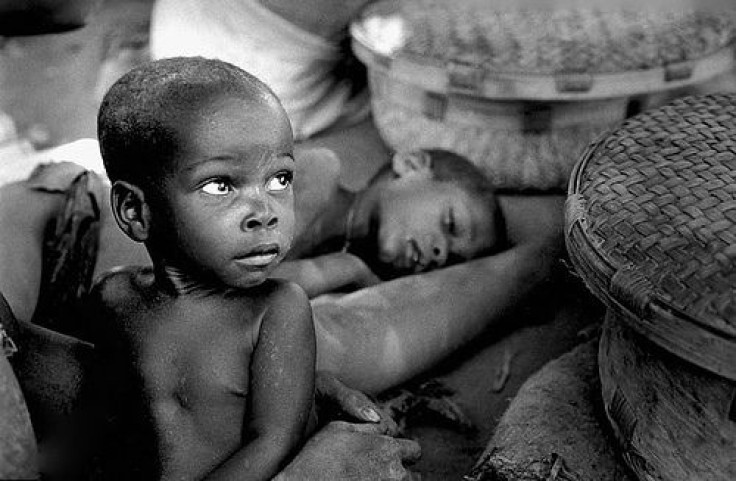6,000 Children Under The Age Of 5 Die Each Day: UNICEF Report

Around 6,000 children under the age of 5 die each day as a result of conditions that include diarrhea, malaria, and pneumonia, according to a recent UNICEF report. Working with the governments of Ethiopia, India, and the United States, UNICEF launched a global effort — dubbed Committing to Child Survival: A Promise Renewed — to stop preventable child death last year.
Back in 1990, the estimated yearly total for deaths in those under 5 years old was 12.6 million. Compare that to 6.6 million in 2012 and we can see the program has helped save close to 90 million lives in the span of 22 years. A total of 176 governments have currently signed up for the initiative, in addition to private individuals, religious sectors, and civil societies.
“Yes, we should celebrate the progress,” Anthony Lake, executive director of UNICEF, said in a statement. “But how can we celebrate when there is so much more to do before we reach the goal? And we can speed up the progress — we know how, but we need to act with a renewed sense of urgency.”
Surprisingly, low-income countries such as Tanzania, Liberia, Ethiopia, and Bangladesh have already reached Millennium Development Goal 4, meaning that they were able to reduce under-five deaths by two-thirds or more since 1990. Unfortunately the program as a whole is not on track to reach the goal that is scheduled for 2015.
Compared to other countries, west and central Africa showed no decrease in the number of children under the age of 5 who have died since 1990. In fact, one in eight children died before the age of 5, giving these regions the highest rate of under-five mortality.
“Progress can and must be made,” said Lake. “When concerted action, sound strategies, adequate resources and strong political will are harnessed in support of child and maternal survival, dramatic reductions in child mortality aren’t just feasible, they are morally imperative.”
UNICEF identified healthcare delivery at the community level, sanitation improvements, the spread of immunization programs, educating mothers, and urging mothers to breastfeed as some of the preventative steps taken to reduce child mortality.



























